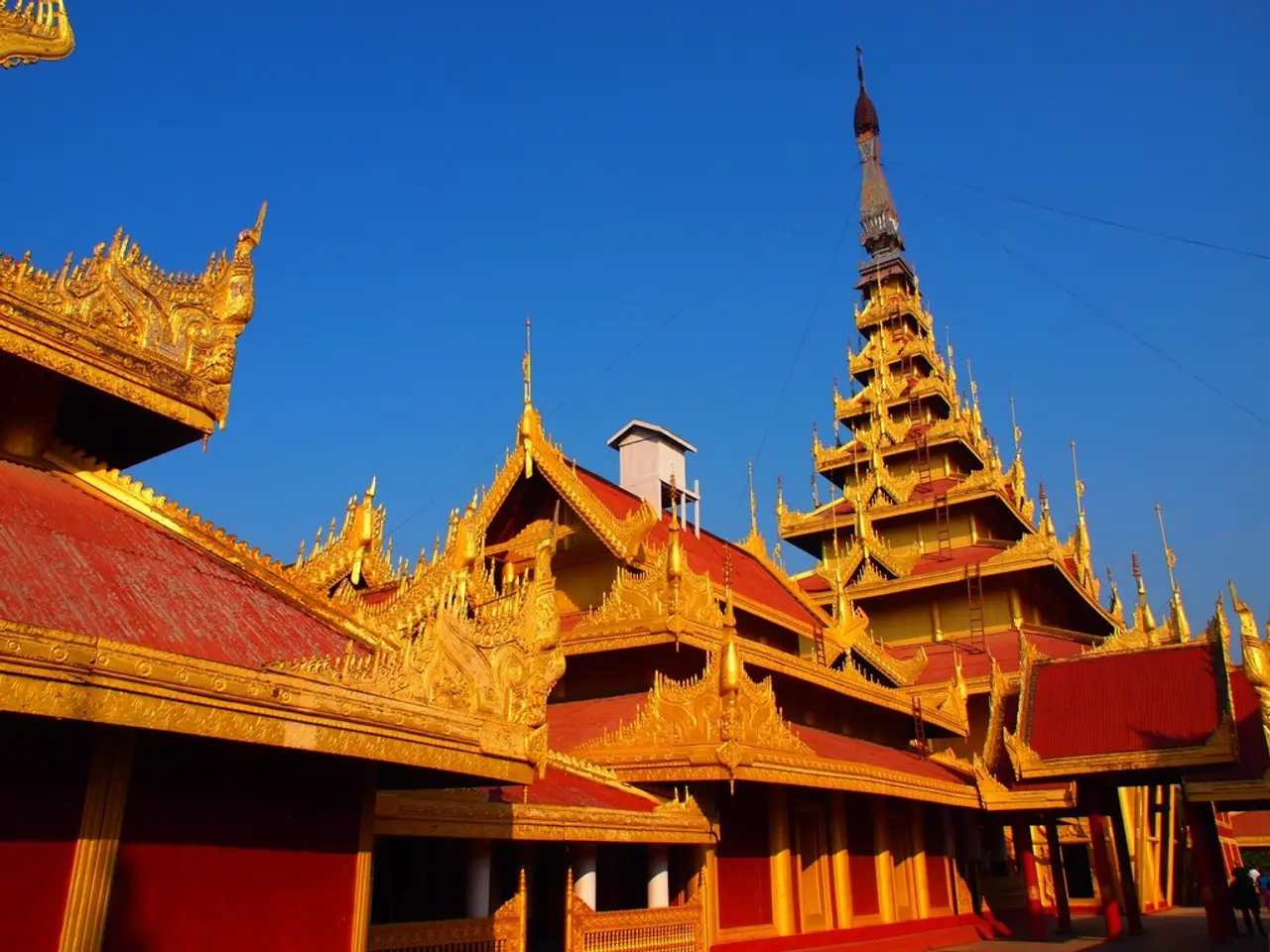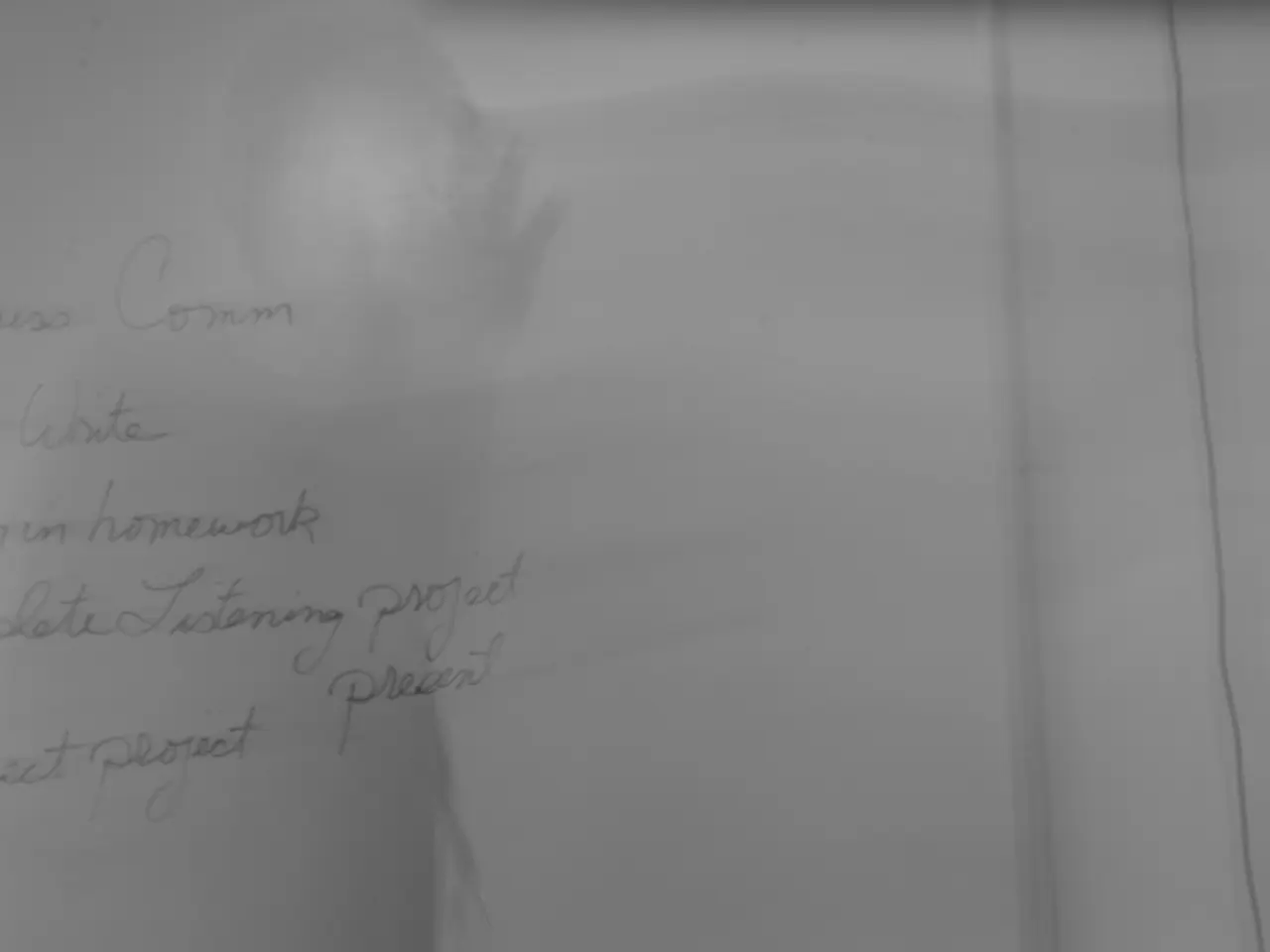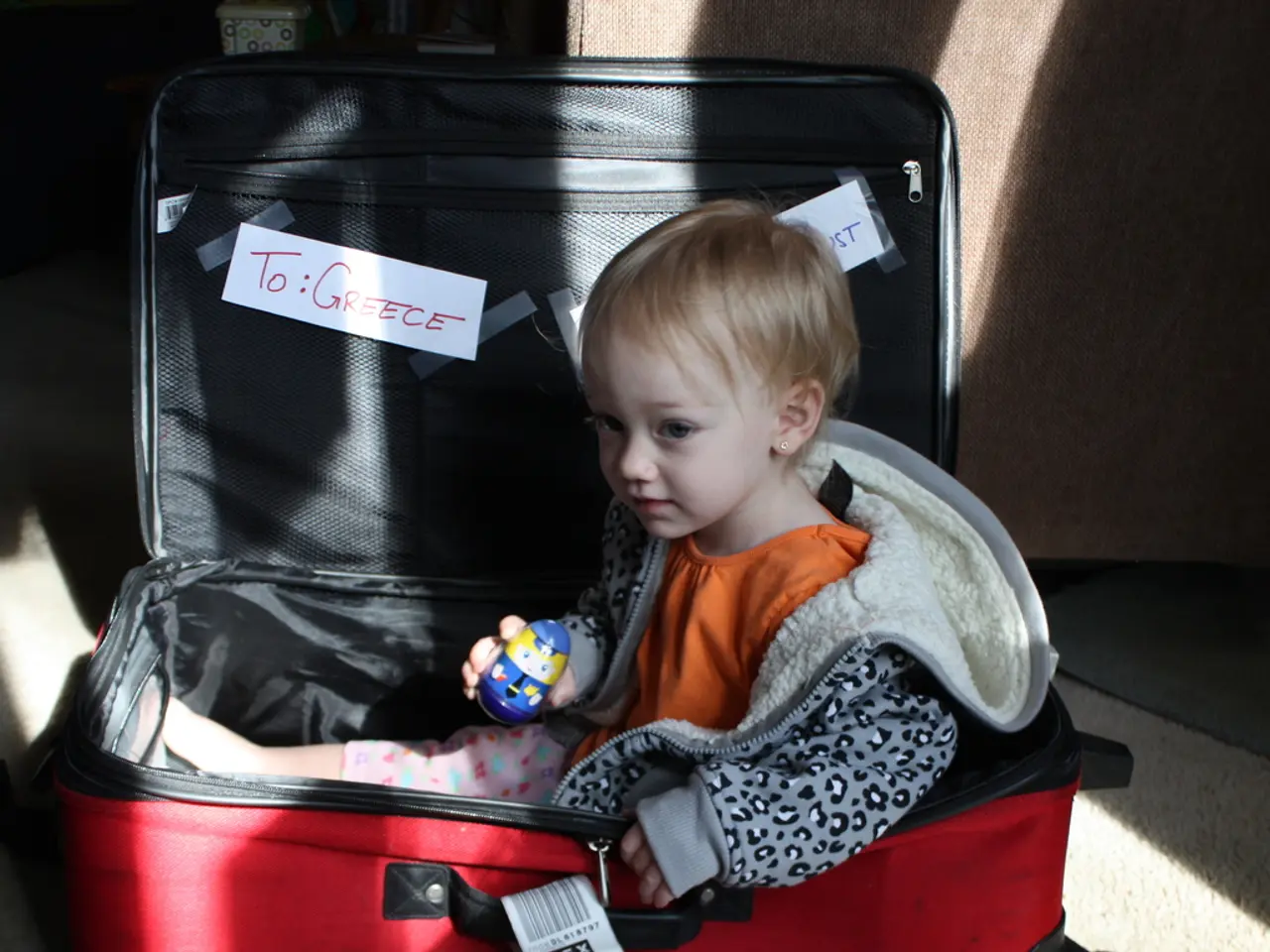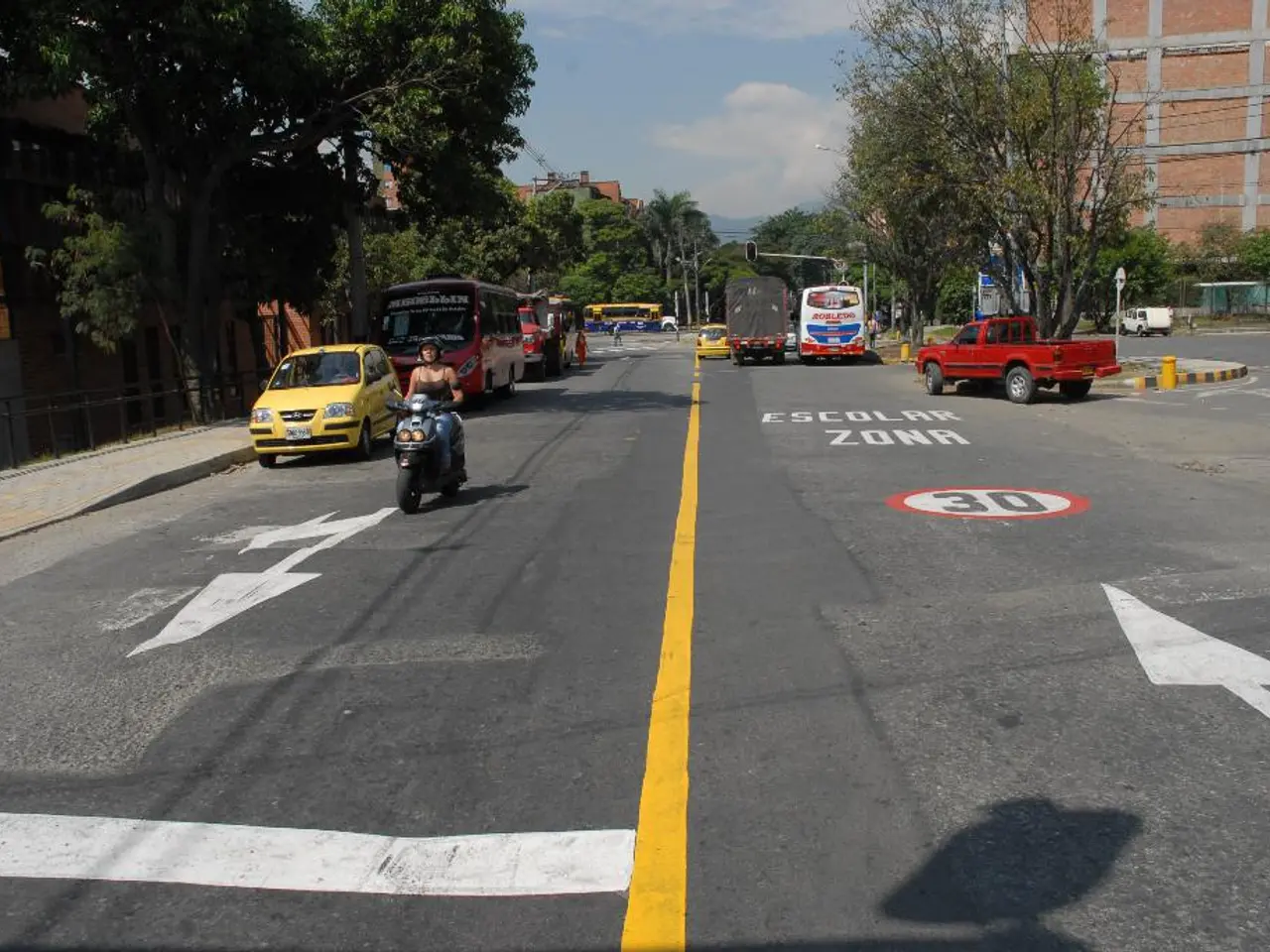Overcoming Obstacles: The Emerging Administration in Sri Lanka and Their Economic Obstacles
Sri Lanka, after weathering a significant economic crisis in 2022, is still navigating its path to full recovery. The new administration, led by President Anura Kumara Dissanayake, is facing a myriad of challenges as it strives to rebuild fiscal buffers and stimulate growth.
The economic burden on citizens is palpable, with many urging immediate government intervention. Niluka Dilrukshi, a mother of four, expressed ongoing hardships related to the cost of living. Economic frustration, particularly among vulnerable groups, has shaped the public's response to the political upheaval.
Dissanayake's administration is implementing a comprehensive economic reform program endorsed by the International Monetary Fund (IMF). This program, aimed at sustaining macroeconomic stability, includes increasing tax revenues, broadening the tax base, improving public financial management, and restoring cost-recovery pricing in the energy sector.
However, the road to recovery is fraught with complexities. Trade policy uncertainty, high tariffs on exports, especially from the U.S., and the need to restore fiscal stability while protecting vulnerable populations pose significant challenges. Geopolitical tensions and slow progress in negotiating deep economic cooperation agreements, like the Economic and Technology Cooperation Agreement (ETCA) with India, further complicate efforts to enhance foreign relations and economic connectivity.
Internationally, Dissanayake is navigating complex relations, particularly balancing influences from India and China. The country's economic crisis culminated in a bankruptcy declaration following a default on external debt exceeding $46 billion. The previous government's arrangement with the IMF resulted in a contentious bailout package that introduced austerity measures, increasing taxes and reducing energy subsidies.
Dissanayake is seen as a potential catalyst for reform in Sri Lanka's political landscape. He has assured India that he will prevent any actions that might harm India's interests regarding Chinese military presence in the region. The National People's Power (NPP) party, led by Dissanayake, secured a two-thirds majority in the 225-member assembly in the parliamentary elections.
In his inaugural address to parliament, Dissanayake emphasized the need to avoid jeopardizing the established financial stability. Failure to deliver tangible improvements to citizens' daily lives within the next few years could lead to disillusionment and frustration among the public.
One of the key challenges facing Dissanayake is balancing the immediate expectations of the populace with ongoing negotiations with the IMF. He has shifted away from his campaign promise to renegotiate the IMF deal, indicating a focus on fulfilling promises to the electorate while managing external relationships and fiscal constraints.
The upcoming years will be pivotal in shaping the direction and stability of Sri Lanka's future. As Dissanayake navigates these challenges, he is poised to steer the country towards a sustainable economic recovery, balancing diplomacy and reform.
The ongoing challenges faced by Dissanayake's administration in reviving Sri Lanka's economy require a delicate balance between implementing the IMF's policy-and-legislation and addressing the general-news of economic hardships faced by citizens. Economic frustration, particularly among vulnerable groups, has shaped the public's response to the political upheaval, making it crucial for Dissanayake to deliver tangible improvements within the next few years to prevent disillusionment.
Dissanayake's navigation of complex relations with India and China, amidst geopolitical tensions and the need for deep economic cooperation agreements, highlight the political nature of economics in Sri Lanka's path to recovery. The implementation of a comprehensive economic reform program, endorsed by the IMF, will play a significant role in sustaining macroeconomic stability while ensuring fiscal stability and protecting vulnerable populations.






